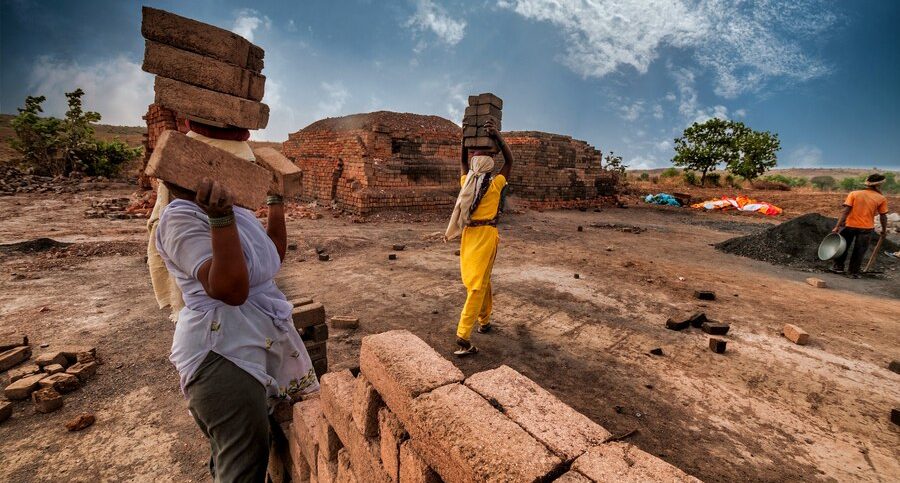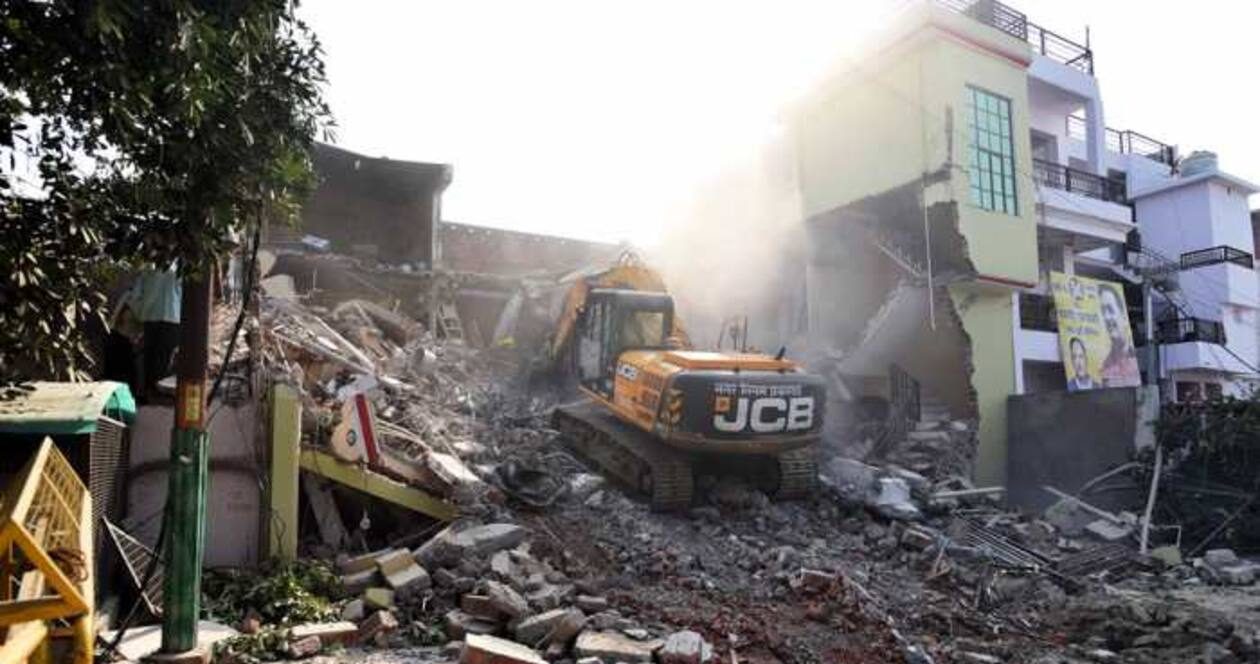- The Indian citizens would have noticed a narrative being built in the last few years even as the government of the day went about demolishing buildings, structures, and some such properties by terming them as illegal structures. Most of these unauthorized and illegal demolitions pertained to one community even though no constitutional/judicial backing was accorded to such razing. As is their wont, the media went to the town grandiosely beaming the demolition act that made the citizens sit up and wonder what was happening with the judicial delivery system in the country. The executive usurped the power of the executive by brazenly going against the perceived anti-social elements to deliver instant justice. Is this a democracy or a banana republic?

PC: Freepik
- The Supreme Court took suo moto cognizance of the acts being perpetrated nonchalantly by some state governments and recently read the riot act on bulldozer justice. The moot point to ponder over here is whether the officials will fear courts or netas going forward even as the citizens at the crosshairs heave a huge sigh of relief with the eventual outcome. In defining a penalty for officials responsible for bulldozer justice, the Supreme Court did well in its attempt to demolish the brazen lawlessness by state governments, including UP, MP, Rajasthan, Assam, Gujarat, Jharkhand, and Delhi. Notably, the SC made three main points. One, the essentiality of the rule of law as a safeguard against arbitrary use of state power.
- All important is the distinction between the exercise of power in good faith and misuse in bad faith. Two, on separation of powers, it said govts step on the judiciary’s toes when they randomly pronounce any individual guilty. Thus, state govts better stand down. Three, SC correctly realized guidelines on razing houses won’t suffice: it included restitution of demolished property at officials’ personal cost in addition to payment of damages, in pursuit of its goal of no scope for arbitrariness by officials. Also, SC reiterated there’s no place for collective punishment, which is what insta-justice of pulling down houses of so-called accused, or even convicts, is. There’s enough due process even to raze illegal constructions. SC has made that more granular and pan-India.

PC: India
- The point is, there never had to be a legitimate reason for netas. The wrong could be imagined. For, what but distorted politics can ever explain, or attempt to justify, demolishing the house of a schoolboy in a scuffle with another? Yes, it did happen in Udaipur, Rajasthan when the administration had viewed the two boys not as children but from some twisted notion of culprit and victim. Will govts pay serious heed? Administrations are staffed by officials timid, fearful, or both. The question is who would they fear more? Courts or political bosses? SC guidelines are unlikely to altogether stop bulldozer justice. Accountability is a quantity most nebulous in govt machinery. SC’s order is timely and correct. Let’s see what the executive does henceforth.





